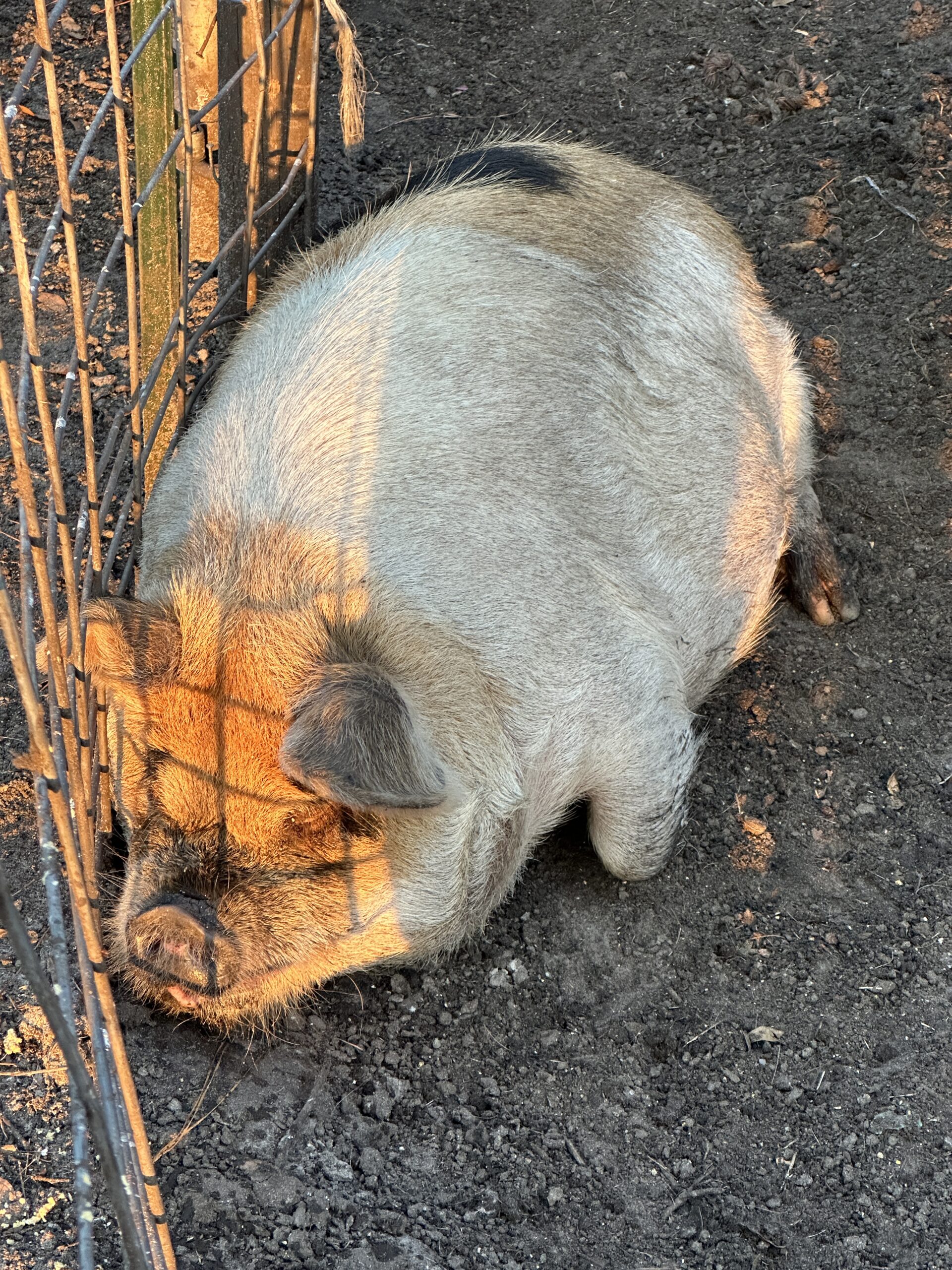Why Choose KuneKune Pastured Pork: A Savory Choice for Health & Sustainability

In recent years, there has been a growing trend towards conscientious consumption. More people seeking out foods that are not only delicious but also healthier and more sustainable. One food that is gaining popularity is KuneKune pastured pork. While it may seem like just another option, pastured pork offers a plethora of benefits over its store-bought counterparts. From improved animal welfare to superior taste and nutritional value, here’s why choosing pastured pork is a wise decision.
What is Pastured Pork?
Pastured pork comes from pigs raised in a pasture-based system. They have access to the outdoors, ample space to roam and forage, and a diet consisting of grass, roots, and other natural vegetation. This lifestyle stands in stark contrast to conventionally raised pork. Conventional meat pigs are often confined to crowded indoor pens and fed a diet heavy in grains, supplemented with antibiotics and hormones to promote growth.
Superior Animal Welfare
One of the most compelling reasons to choose KuneKune pastured pork is the significant improvement in animal welfare. Pastured pigs enjoy a more natural and fulfilling life, with the freedom to exhibit their natural behaviors such as grazing and socializing. The pigs are not subjected to the stress of overcrowded conditions or the discomfort of being confined to small cages. These changes lead to happier and healthier animals overall.
Health Benefits
KuneKune Pastured pork is also a healthier option for consumers. Pigs raised on pasture tend to have lower levels of saturated fat and higher levels of beneficial omega-3 fatty acids. Additionally, pastured pork is free from the antibiotics and growth hormones commonly used in industrial farming operations, reducing the risk of antibiotic resistance and potential health concerns associated with hormone consumption.
Environmental Sustainability
Opting for pastured pork is also a win for the environment. Pasture-based farming practices promote biodiversity and soil health, as pigs naturally fertilize the land with their manure and help to cycle nutrients. This reduces the need for synthetic fertilizers and minimizes the environmental impact of pork production. Pastured pork farms typically employ regenerative agriculture techniques, such as rotational grazing, which sequester carbon and mitigate climate change.
Taste and Quality
Beyond its ethical and health-related advantages, pastured pork simply tastes better. The varied diet and outdoor lifestyle of pastured pigs result in meat that is more flavorful, tender, and succulent compared to the bland and often tough meat produced by factory farming operations. The culinary experience you get from juicy pork chops, savory bacon, or flavorful sausage from pastured pork is unmatched by its mass-produced counterparts.
Supporting Local Farmers
By choosing pastured pork, consumers also have the opportunity to support local farmers and small-scale agricultural operations. Purchasing meat directly from farms like ours or through local markets fosters stronger connections between producers and consumers. This promotes economic resilience in rural communities, and helps to preserve traditional farming practices.
Conclusion
Opting for pastured pork over store-bought alternatives is a decision that benefits animals, consumers, and the planet alike. From improved animal welfare and health benefits to superior taste and environmental sustainability, pastured pork offers a compelling array of reasons to make the switch. By supporting pasture-based farming practices and local farmers, consumers can play a vital role in creating a more ethical, nutritious, and sustainable food system for generations to come.






